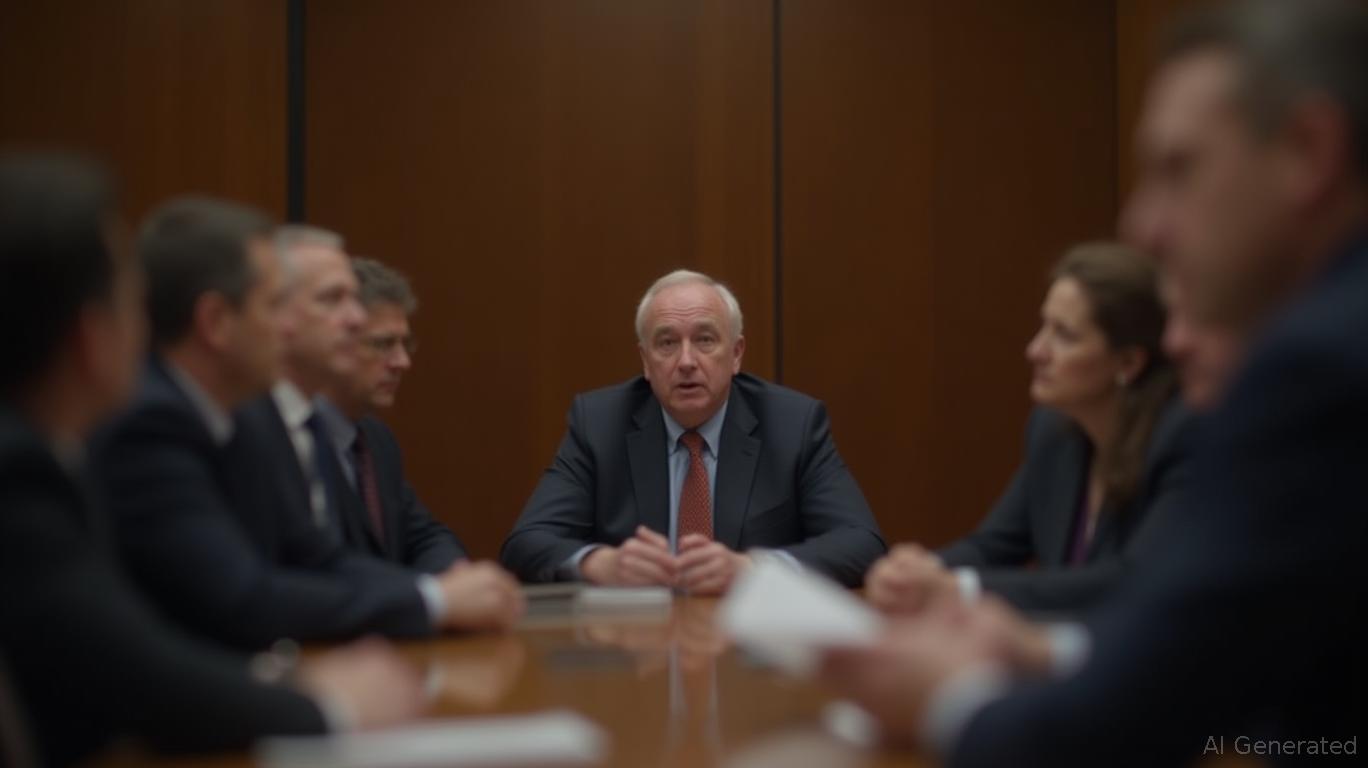Mt. Gox’s Ex-CEO Uses Claude AI to Uncover 2011 Code Flaws That Led to Exchange Hack
Quick Breakdown
- Mark Karpelès used Claude AI to analyze Mt. Gox’s 2011 code, uncovering major security flaws.
- The AI blamed weak passwords, retained admin access, and a lack of segmentation for the hack.
- Mt. Gox still holds over 34,000 BTC as creditor repayments continue with minimal market impact.
Karpelès revisits Mt. Gox code with AI
Former Mt. Gox CEO Mark Karpelès has revisited the early days of the ill-fated crypto exchange—this time with the help of artificial intelligence. In a recent X post , Karpelès revealed that he fed the 2011 Mt. Gox codebase into Anthropic’s Claude AI for an in-depth review. The AI’s verdict was clear: the Bitcoin exchange was “feature-rich but critically insecure.”
So I tried feeding MtGox’s 2011 codebase and various data (git history, access logs, dumps released by hacker, etc) to @AnthropicAI ‘s Claude, and let it analyze its way through all the stuff.
The result:
— Mark Karpelès (@MagicalTux) October 26, 2025
Karpelès, who bought the exchange from its founder, Jed McCale,b in March 2011, admitted he never had the chance to review the code before finalizing the purchase. Just three months later, the platform suffered a hack that drained around 2,000 Bitcoin, worth over $232 million at today’s prices.
AI exposes Mt. Gox’s core vulnerabilities
Claude AI’s post-mortem analysis described Mt. Gox’s original code as technically impressive but dangerously fragile. It pointed to a combination of issues, including unpatched code flaws, weak passwords, poor documentation, and lingering admin access even after ownership changed hands.
The AI linked the June 2011 hack to a chain reaction triggered by the compromise of Karpelès’ WordPress blog and social media accounts. It found that the lack of network segmentation allowed a single breach to threaten the entire exchange.
Among the vulnerabilities, Claude highlighted the retained admin access from prior ownership, weak passwords on critical accounts and poorly secured WordPress installations
However, it also noted that Karpelès’ security improvements, such as implementing salted hashing for password protection and fixing SQL injection flaws, prevented a far more devastating outcome.
Human error still the weakest link
While the AI audit revealed technical loopholes, it ultimately concluded that human missteps—weak security practices and lax operational processes—were the real culprits. The incident, according to Claude, underscored how early crypto exchanges lacked the cybersecurity frameworks now standard in the industry.
Over a decade after its collapse, Mt. Gox continues to influence the Bitcoin market. The defunct exchange still holds roughly 34,689 BTC as part of creditor repayments, due by October 31. Despite concerns of sell-offs, these repayments have so far had little effect on Bitcoin’s price, which remains steady around $116,045.
Disclaimer: The content of this article solely reflects the author's opinion and does not represent the platform in any capacity. This article is not intended to serve as a reference for making investment decisions.
You may also like
JPMorgan Chase & Co. allows Bitcoin and Ethereum as collateral for loans

Solana News Today: "Solana Hits $195: Genuine Institutional Confidence or Just a Market Illusion?"
- Fidelity launches Solana (SOL) trading/custody services, signaling traditional finance's growing acceptance of the blockchain. - VisionSys AI and Fitell Corporation's $2.1B treasury initiatives highlight institutional confidence in Solana's ecosystem despite past scalability issues. - 21Shares' U.S. ETF and Hong Kong's first Solana ETF approval expand regulated access, positioning SOL as a third major crypto asset after BTC/ETH. - Analysts debate $195 price threshold's significance, with bullish projecti

Ethereum News Update: MegaETH's $7 Billion Buzz Compared to $1 Billion Approach: Undervaluing as a Wager on Ethereum's Prospects
- MegaETH's $350M ICO at $7B valuation marks fastest Ethereum token sale, leveraging real-time execution and 10B token supply. - Backed by Vitalik Buterin and $20M seed round, project aims to address Ethereum congestion with layer-2 scaling solutions. - Deliberate $999M underpricing strategy boosts community participation, contrasting inflated valuations in crypto market. - English auction format with 100K+ KYC participants shows strong grassroots support despite U.S. lock-up restrictions. - Market forecas

Canada’s stablecoin regulations set for November seek to curb capital outflows and safeguard national sovereignty
- Canada plans to unveil stablecoin regulations in the November 4, 2025 budget to curb capital flight to U.S. dollar-backed tokens. - The framework aims to classify stablecoins as securities/derivatives and enforce liquidity safeguards amid $1 trillion annual transaction volumes. - Officials warn delayed action risks eroding domestic financial sovereignty as 99% of stablecoin value is now U.S. dollar-linked. - The proposed rules align with global trends (EU, Hong Kong) and will address consumer protections

